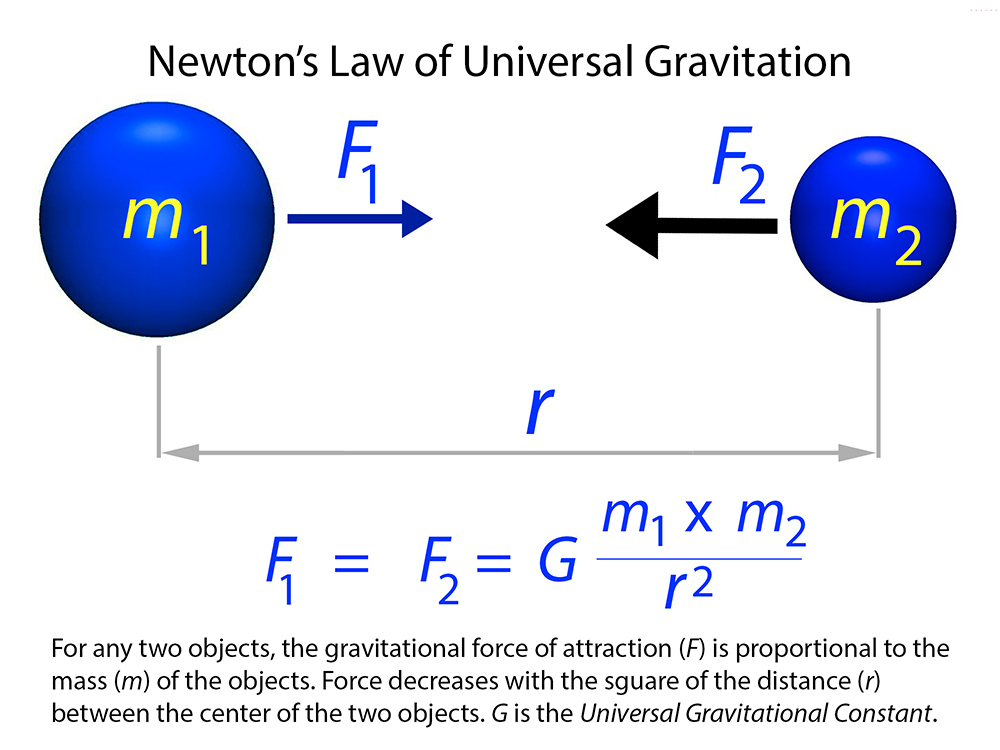Home > Sections > Famous Scientists > Isaac Newton
Isaac Newton
Life Details
Born: 25th December, 1642 (4th January, 1643 New Style). Died: 20th March (31st March) 1727.
Introduction
Famed for his apple moment upon the discovery of gravity, Sir Isaac Newton was an English physicist and mathematician. His discoveries helped integrate certain aspects of the world into the world of science.
Early Life
Born in a village called Woolsthorpe, Newton was the only son of his father, also Isaac Newton and mother Hannah Ayscough. His father had died three months before he was born. He was born the same year that Galileo Galilei died.
Newton was a small and weak baby, and was not expected to survive past his first day of life, let alone into his 80s. He was separated from his mother at a young age due to Barnabas Smith, who married his mother and left him with his grandmother.
As a result, Newton suffered with psychotic tendencies that were put down to this trauma affecting him.
Education for Newton was interrupted by a failed attempt to make him be a farmer, and he ended up enrolling at the University of Cambridge's Trinity College in 1661.
Although he studied a classic curriculum at Cambridge, he became fascinated with modern philosophers such as René Descartes. When the Great Plague hit Cambridge in 1665, Newton returned home and started formulating theories on calculus, light and colour. It was here that famed, though not true, apple fell for him to study gravity.
Studies of Light
In 1667, Newton returned to Cambridge as a minor fellow. In this time, he created the first reflecting telescope in 1668, and received his Maste of Arts degree in 1669. He then became Cambridge's Lucasian Professor of Mathematics.
In 1672, he was elected to the Royal Society and published his notes on optics, after presenting his demonstration of his telescope to them the year previous.
A major dispute with Robert Hooke on his works, whereby Newton was defending it, he withdrew from the public eye in 1678 after suffering a nervous breakdown. He returned to his work on gravity.
Law of Gravity
It was in 1687 that Newton release a publication called "Philosophiae Naturalis Principia Mathematica" (Mathematical Principles of Natural Philosophy. It established the three laws of motion and of universal gravity. They are:
- Every object in a state of uniform motion will remain in that state of motion unless an external force acts on it.
- Force equals mass times acceleration (F=MA)
- For every action, there is an equal and opposite reaction
Later Life
With his influence now established, Newton moved down to London in 1696, and was made warden of the Royal Mint. With the death of Hooke in 1703, Newton was then elected as president of the Royal Society, and he then released his second major work, "Opticks".
As a result of his continued work on subjects such as light, refraction and the colour spectrum, Newton was knighted by Queen Anne of England in 1705.
Death
Newton never married, and spent his later years with his niece at Cranbury Park near Winchester. He died in his sleep on 13st March 1727.





